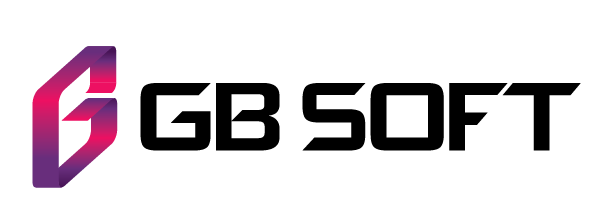
An industrial accident prevention system has been established in Gwangju metropolitan city for the first time in Korea to stop machines if artificial intelligence (AI) determines that workers operating at industrial sites are dangerous. AI is expected to play a role in preventing “death at work.”
Amid rising safety awareness due to the recent enforcement of the Severe Disaster Corporate Punishment Act and the collapse of new apartments in Gwangju Hyundai Industrial Development, an artificial intelligence (AI) virtual fence has been built in Gwangju for the first time in Korea.
The AI virtual fence system, which has been developed by KT Convergence Technology Institute and KT Jeonnam Jeonbuk Metropolitan Headquarters since 2019, will be piloted in Gwangju, Kia Auto Land, and will be in full operation in April. At the seat unloading station in Kia Auto Land Gwangju in Gwangcheon-dong, Seo-gu, Gwangju, the AI virtual fence system was running while getting off the vehicle was busy. An AI virtual fence is literally an invisible safety fence. Previously, most manufacturing and production plants, including Kia Auto Land and Gwangju, have installed fences to block dangerous facilities or spaces.
However, there was a risk of an accident if the facility was operated without being able to check whether there was a worker in the dangerous facility when artificially entering the fence, stopping the facility, and performing inspection work.
The virtual fence, which combines AI with a 3D LiDAR sensor, distinguishes objects from people and is designed to stop working on its own when a person is located within a dangerous area.
In other words, it is a dual device that can prevent accidents that cannot be prevented only with physical fences.
AI virtual fence is a LiDAR that has been mainly applied to autonomous vehicles recently. It was completed by applying AI software technology to the sensor, and its unit price has been significantly lowered so that it can be applied to industrial sites by increasing detection accuracy up to a distance of less than 10m.
On the same day, a KT official went under the drone lift coming down from the loading dock and showed a demonstration to see if the system works well.
We have clearly distinguished people and objects through AI-based predictions and minimized unnecessary work process interruption through continuous learning such as AI algorithms, said Lee Se-woon, a senior researcher at KT Convergence Technology Institute. Currently, 11 out of a total of 16 unloading stations have drone lifts built first at Kia Auto Land’s Gwangju production plant.
Kia is planning to build additional AI virtual fences in 100 locations, including assembly lines and body painting lines, by the end of the year to further prevent serious disasters. Lee Byung-jo, head of Kia Auto Land’s Gwangju safety facility division, said, “Above all, we have introduced a virtual fence system as a top priority in order to create a safe workplace,” and expects it to work effectively in the process of single-person work. In order to utilize the system more accurately, we plan to secure enough raw data and conduct monitoring for six months to expand it to other workplaces, he said.
As such, various industries using artificial intelligence are showing activities, and I would like to inform you that there is a solution from GB Soft that considers workers’ health, activities, and situations with just videos such as improving the working environment. The company is already supplying and working with its own artificial intelligence solution to sports organizations as well as large construction companies and manufacturers, and is being introduced and reviewed by global companies such as Mitsubishi Electric, Toyota, Softbank, Japan Airlines, and is interesting.
KPMG, a consulting firm, recently released a report on the use of artificial intelligence: “AI Transforming the Enterprise,” The report is about what the world’s leading companies are in the artificial intelligence sector. To avoid developing vague impatience or groundless optimism about new technologies, KPMG investigated 30 large companies and interviewed key decision makers to write the report. In addition, it also compiled the employment status of these companies in the field of artificial intelligence, which appears on job search sites and various media. Interviews with third-party companies that provide artificial intelligence technology to other companies were also held.
According to KPMG, companies that make the most of artificial intelligence technology invest an average of $75 million only in the field of artificial intelligence, with an average of 375 full-time employees specializing in artificial intelligence. These companies even expect the number of artificial intelligence professionals to increase to 500 to 600 in the next three years.
Companies whose use of artificial intelligence is at a fairly mature level, and companies that have just begun to touch artificial intelligence, show a difference of nearly 10 times in resource investment in artificial intelligence. As with everything, KPMG stresses that artificial intelligence still honestly represents performance proportional to the resources it invests in.

▲ GB Soft Co., Ltd.
▲ CEO : Ki-bum Park
▲ http://gb-soft.co.kr
▲gbsoft@gb-soft.co.kr
▲ +82-53-716-4884
Sam Kim
Asia Journal

